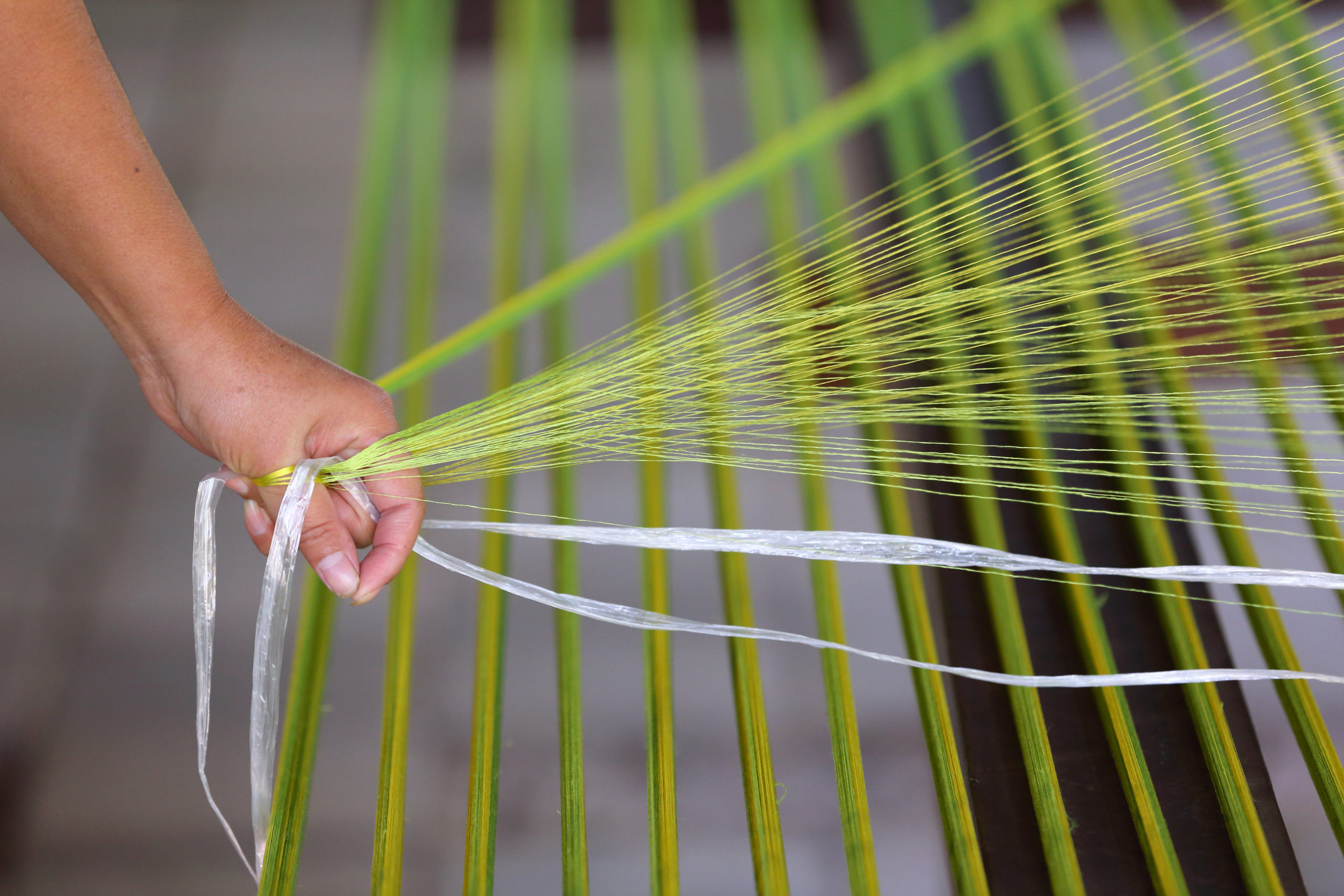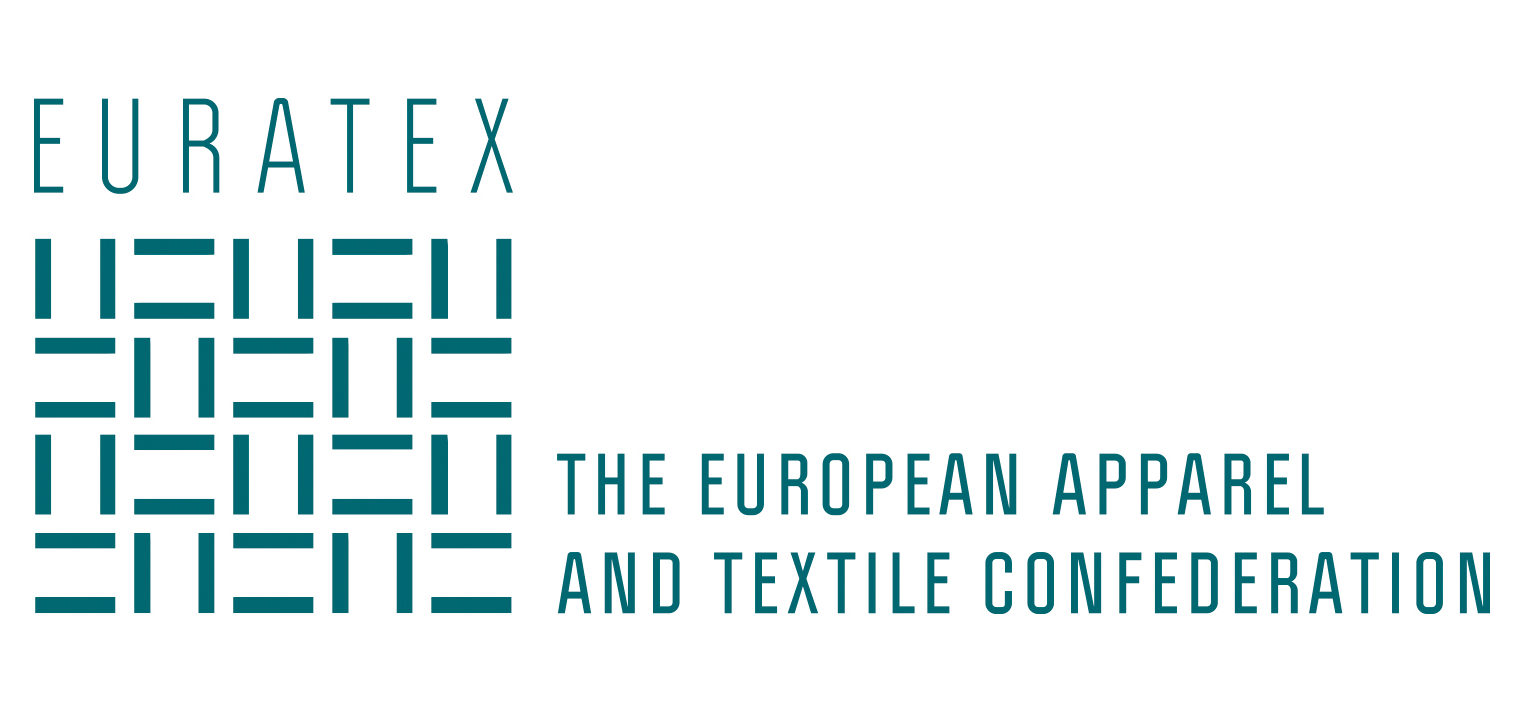
Brussels, 17 March 2021 – Guiding the EU Member States to implement the Single Use Plastic directive, EURATEX urges the European Commission to avoid confusion between plastic materials and viscose fibers.
As the SUP guidelines are being finalized, EURATEX asks to keep in the original definition of the concept “not been chemically modified” and avoid a new interpretation which would label viscose as plastic. Such interpretation would harm industry’s efforts to promote bio-based renewable materials and it may contradict opinions prevalent in many EU Member States.
Plastic objects designed for single use are being banned in the EU under the SUP Directive, a legislation considered by many as a significant step forward in tackling plastic pollution.
Viscose is a cellulosic material (e.g. derived from wood pulp) which, according to some views, might be assimilated to plastic because of chemical transformations taking place in the production process.
However, common plastic and viscose products present completely different features especially with regards to bio-degradability and the products use made by consumers.
Companies of the textile and clothing sectors have been investing in viscose fibres and regenerated cellulosic films for the past decades, both for consumer goods products but also medical applications. To prevent exploitation of natural resources, a large part of the European industry has also committed to source wood from certified and controlled origins as set by programmes as the FSC® and PEFC®.
The decision on the SUP Directive guidelines will define whether a bio-degradable material as viscose should be labelled as plastic. This would affect many consumers choices and we therefore call on the European Commission to avoid confusion and support industry efforts towards green deal objectives.
